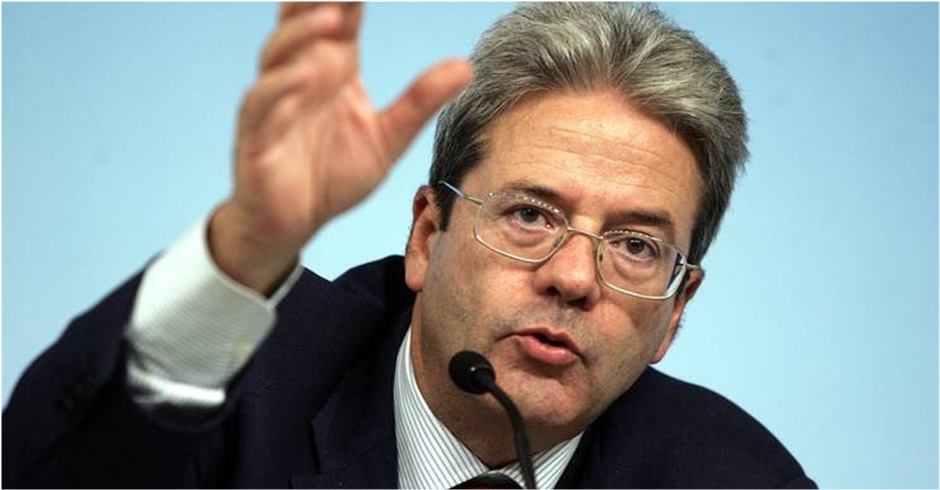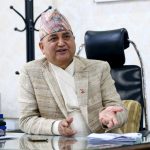14 Dec, ROME
The new government of Italian Prime Minister Paolo Gentiloni cleared a Lower House confidence vote on Tuesday with 368 in favor and 105 against.
The newly formed cabinet was officially sworn in Monday evening, and it would seek a second confidence vote in the senate on Wednesday, in order to fully entering into force.
Addressing lawmakers ahead of the voting, Gentiloni appealed for support in order to address the most pressing issues, including the financial troubles haunting Italy’s third largest lender – Monte dei Paschi di Siena (MPS) – the migration crisis, and the reform of the electoral system.
The weak economic recovery, high unemployment, and the reconstruction in quake-hit central regions were also enlisted as priorities.”We all are aware we will have to work on the rules that would bring the country to elections,”Gentiloni said.
Two different laws currently govern the election of the Senate and the Lower House of parliament, and Italian president Sergio Mattarella stressed they need to be “harmonized” before the country could possibly face early elections, as all opposition forces were asking. The freshly nominated prime minister then focused much of his address on unemployment.”The priority of all our priorities will be: job, job, and still job,” Gentiloni stressed.
“In a time when our economy has been showing timid signs of recovery, we certainly know we must boost such trend.”
Almost half of the lower house hall was empty during Gentiloni’s speech, since deputies from major opposition anti-establishment Five Star Movement (M5S) and Northern League party deserted the vote in protest against the new cabinet, to which they said they recognize no legitimacy.
Gentiloni was asked by President Mattarella to form a new cabinet following the resignation of Matteo Renzi as prime minister on Dec. 7.
Renzi stepped down after a sounding defeat in a crucial referendum on a cabinet-backed constitutional reform on Dec. 4.
Both Gentiloni and Renzi belong to the center-left Democratic Party (PD), which is the largest political force in parliament.The new cabinet would count on the same majority of the previous one, since opposition forces said they were not available to take part in a national unity government.
Most key figures of Renzi’s cabinet were confirmed in their office, including Economy Minister Pier Carlo Padoan, a respected economist whose figure was perceived as reassuring for the markets and European Union (EU) allies.





